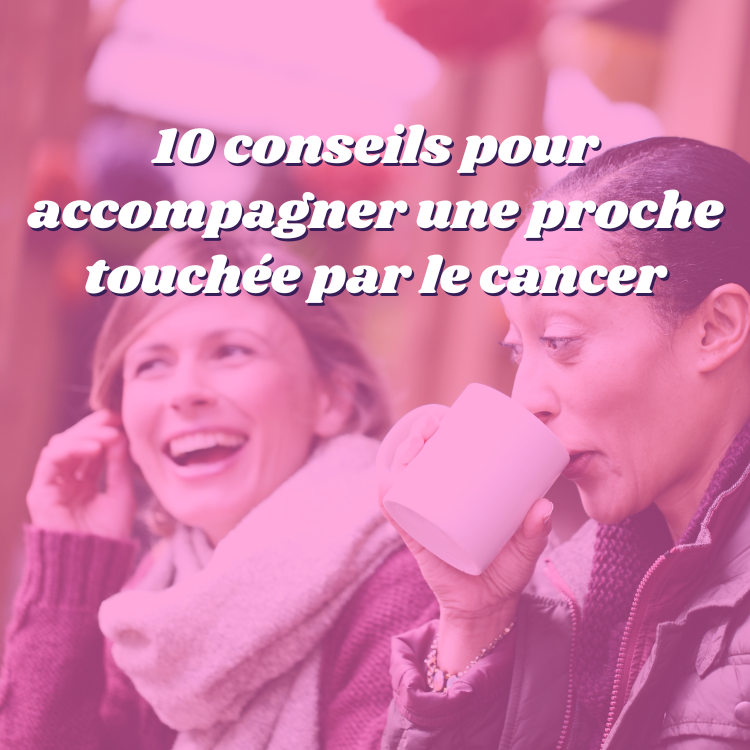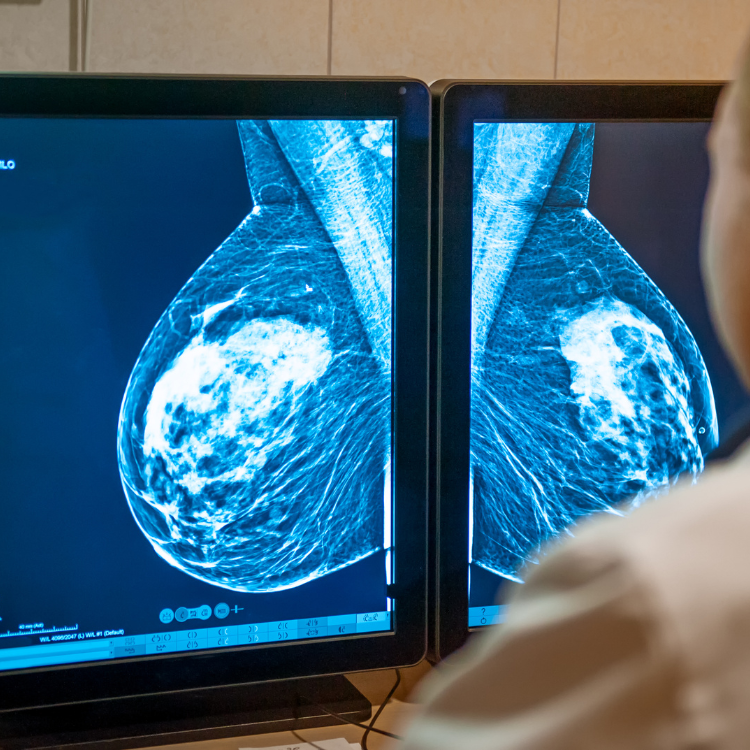1. Pink October , the annual breast cancer awareness campaign, appeared in France in 1994 , initiated by Marie Claire magazine . It first saw the light of day in the United States in 1985.
2. According to a 2014 University of Washington study, wearing a bra does not promote breast cancer .
3. There are 10 types of breast cancer . They differ depending on the location and their characteristics.
4. According to an Australian study published in the journal Nature Precision Oncology , bee venom destroys cancer cells of the breast.
5. Men represent approximately 1% of breast cancer cases in France.
6. In France, breast cancer is the leading cause of death in women.
7. Left breast is 5-10 % more susceptible to breast cancer than the right breast.
8. According to the latest report from World Cancer Research Fund & the American Institute for Cancer Research in 2018 , breastfeeding reduces the risk of breast cancer. The greater the number of months of breastfeeding, the lower the risk.
9. There is a 90% chance of cure if cancer is detected in time.
10. Self-palpation is most effective before menstruation . It is recommended to do it at least once a month.
11. 1.3 million French women aged 50 to 74 have never participated in screening , even though it is recommended to have a screening mammogram every 2 years from the age of 50.
12. According to the British medical journal The Lancet “a feminist approach ” to cancer would save 800,000 women per year . Indeed, it seems that patriarchal societies mainly focus on the treatment of so-called “female” cancers – breast, cervical – to the detriment of cancers that are just as deadly for women: lung, colorectal, etc.
We also wrote an article on this subject: “ Are men better treated than women when it comes to cancer? »



